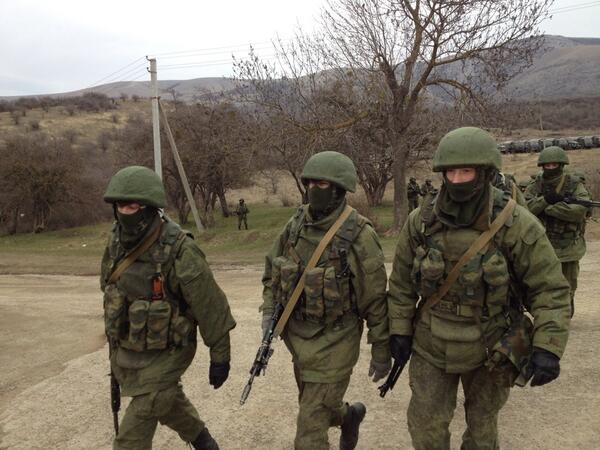
The events of recent days mean that Russia now holds all the cards over the secession of Crimea from Ukraine
The attempt to reassert secession in Crimea cannot be fully understood without locating it within a time frame that dates to the fall of communism in the early 1990s, and without recognising some other relevant key historical factors. This case is a legacy of the international management of secession in the 1990s, in which the EU (or EC as it was then) played a lead role.
The European Community’s “Arbitration Committee” under the chair of French constitutional lawyer Robert Badinter, was set up to give legal opinions on the secessions from Yugoslavia. It restated a number of international norms on secession and established three main principles. First when states were “in dissolution” the decolonising norm of uti possidetis juris would apply, namely, that secession would only be permitted to the next highest administrative entities below the state level. The conclusion was that there could be “no secession within secession” – a decision which excluded Kosovo from legal recognition as a secessionist case.










